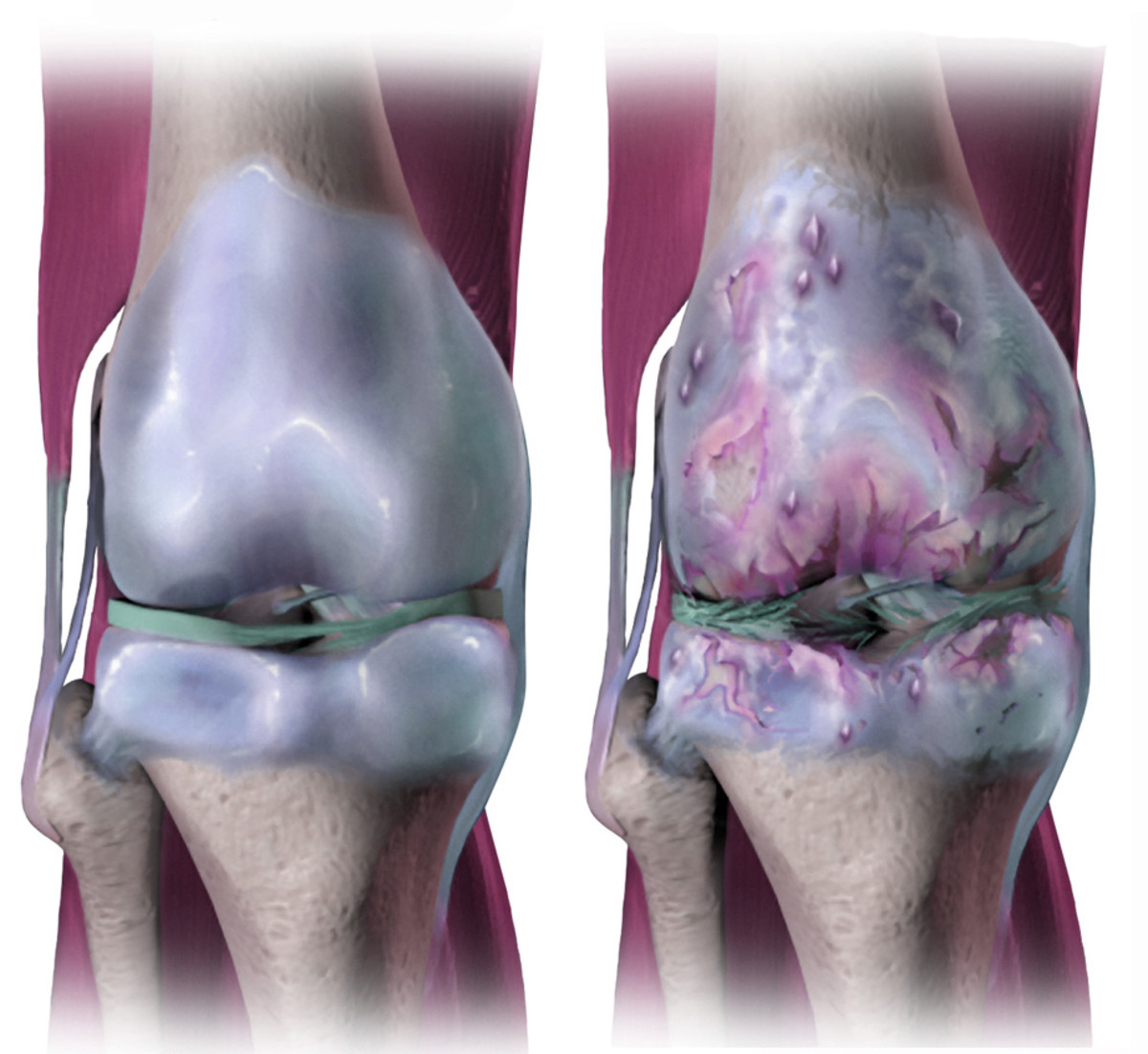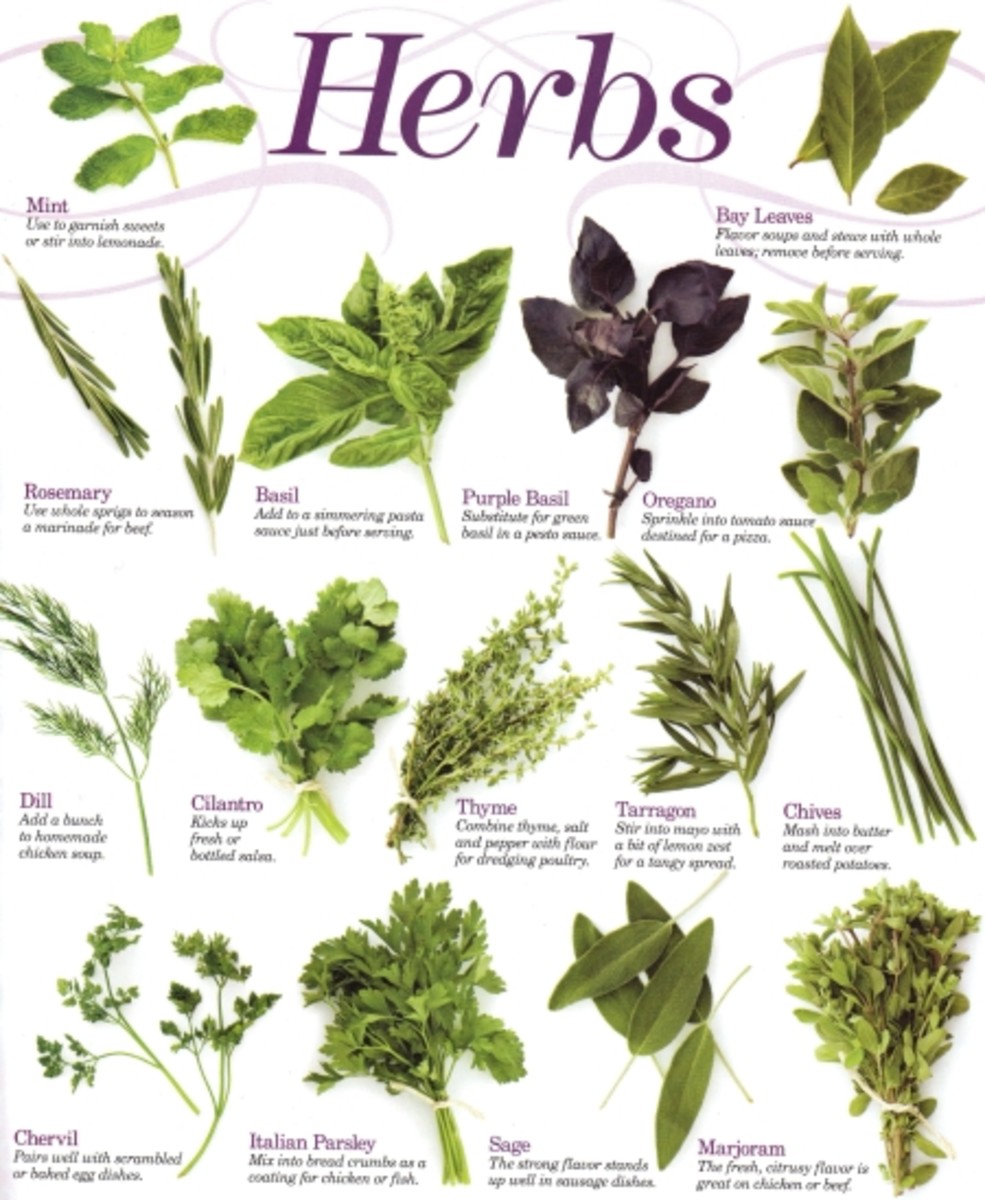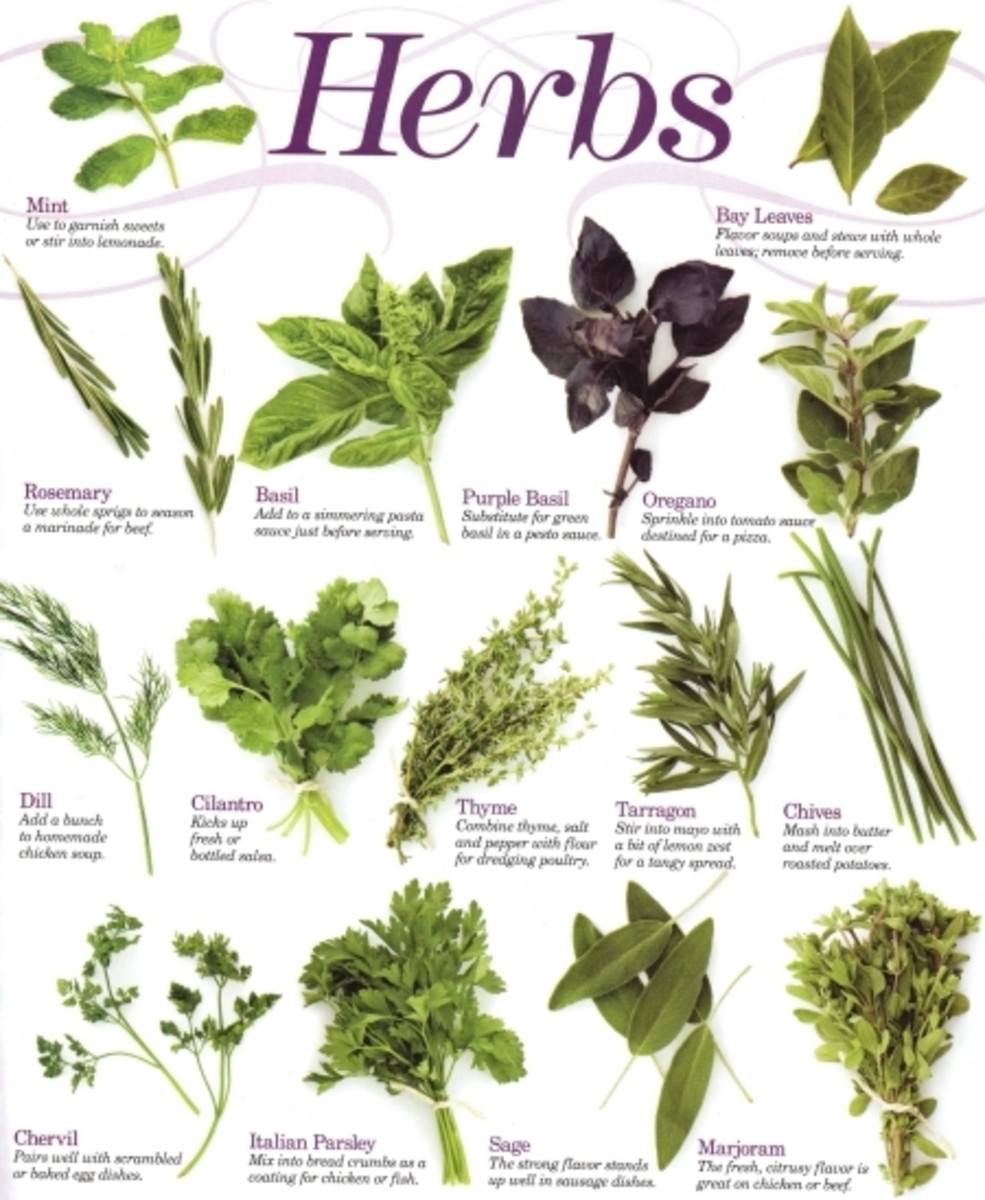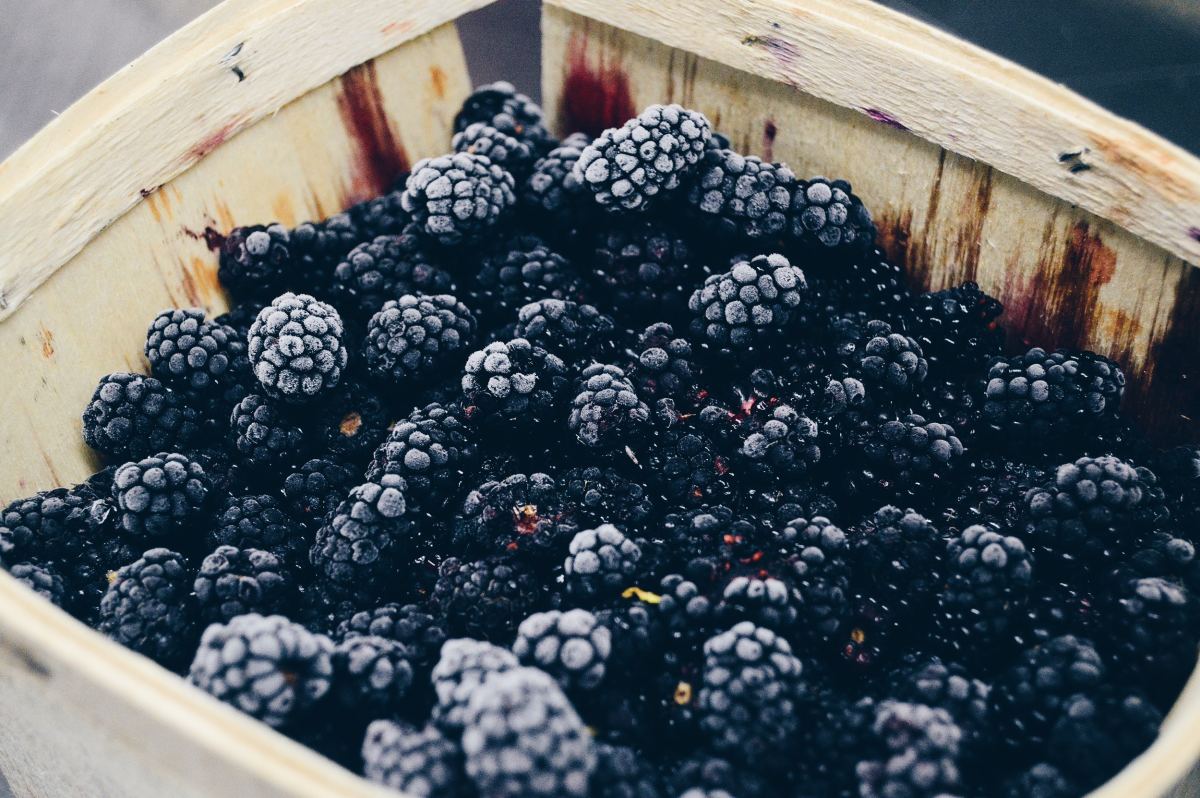Green benefit of vegetables
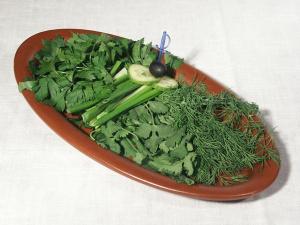
A lot of people love green plants: dill, parsley, celery and other. We add them to salads, meat dishes, soups. We especially love to consume greens during winter months and spring time.
So what is the benefit of greens?
Let's start from the dill. The dill contains vitamins C, B1, B2, PP, A, folic acid, nicotinic acid, some micro-elements like potassium, calcium, iron, phosphorus. The dill contains essential oils, too.
Fresh dill is used to cure indigestion, the infusion is used as urinative and choleretic to cure cystitis. It is believed that dill can lower blood pressure in case of hypertension.
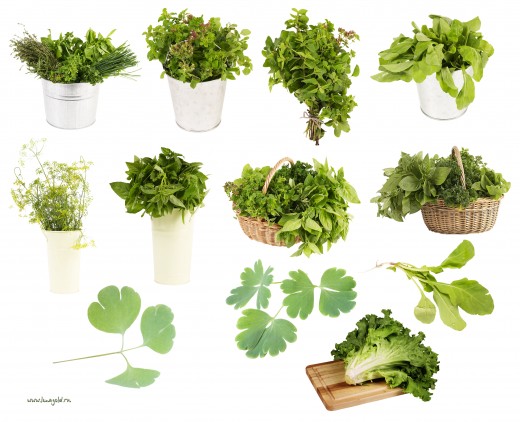
Parsley - excellent antidepressant
The leaves of parsley contain vitamins PP, K, C, B1, B2, carotin, carbohydrates, proteins, flavonoids, folic acid, mineral salts. A bunch of parsley contains a daily norm of vitamin C and carotin.
Parsley is recommended as a cure against gastritis and ulcer, malaria, asthma and bronchitis, different heart problems. It is believed that fresh parsley has a positive impact on people who are in depression. Parsley is also an excellent urinative and parsley broth is a great way to use against food poisoning. Parsley broth helps against insect bites, contributes to wound healing, and it is used in cosmetology as a mask for fat skin.

Celery - great cleanser
Celery is rich in vitamins C, B1, B2, A. It also contains several nutrients, like magnum, iodine, phosphorus, iron, calcium. Celery is used to make salads, it is added to soups and hot meals. Great sauces are made from celery.
Celery contributes to normal metabolism, cleanses our body, diminishes deposition of salts. It is used to cure diseases of kidneys, liver, urinary bladder. Celery is believed to have a beneficial effect on our nervous system, it normalizes sleep, improves vitality and efficiency. Celery green is also used as anti-inflammatory remedy for prostate gland and the remedy for general disorder of genitals' work.
Stinging nettle - best in May!
Even in dried nettle there are lots of useful vitamins and micro-elements. Nettle broth kills fatigue, helps to cure hypertension, improves metabolism, calms nervous system.
Nettle helps to cure the whole body, and can cope with brochitis and asthma, gastritis, cystitis. The nettle collected in May is especially beneficial.
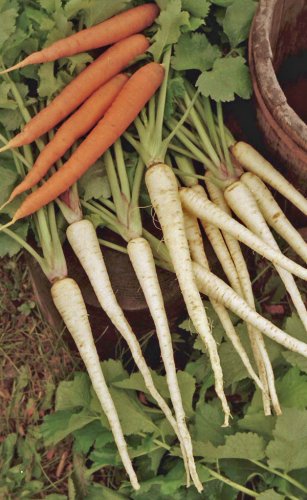
Parsnip - rich in sugar
Spread world-wide, parsnip is known since ancient times. Its root crops are rich in sugar.
There aren't many vitamins in parsnip, but there is a lot of nicotin and pantothenic acids. Also, they contain up to 4% of starch, mannitol that has sweet taste and can help replace sugar for the people with diabetes, and it has many other organic compounds and beneficial substances that are medically efficient. In herbal medicine, parsnip is used to cure urolithiasis, bronchitis and laryngitis. It improves digestion and has the capacity to relax spasms of the stomach, guts' muscles and urinary bladder.
Parsnip has a subtle smell that resembles that of parsley, spicy sweet taste like that of carrots. It is used for all kinds of soups, especially potato and vegetable ones. It is used like any other vegetable. Mashed parship can be served instead of potatoes with meat, it is recommended for certain diets. Young leaves of parsnip are used for salads.
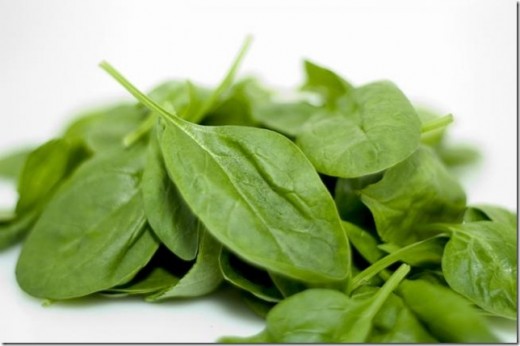
Spinach - excellent for dieting
This plant is referred to one of the most valuable leaf vegetables. Spinach is a precious dietary product. Alongside with many other beneficial substances it contains secretin that makes our stomach and pancreas do their work efficiently. Spinach leaves are eaten boiled or fresh.
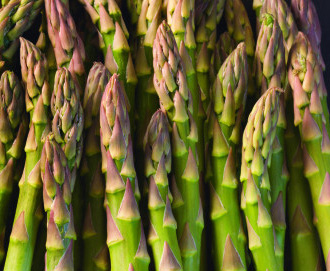
Asparagus - incredible fat burner!
This grassy plant was known more than 4000 years back in Egypt, Greece and Rome. In Europe it is cultivated for almost five centuries. The rhizome, the roots, sprouts of asparagus are rich in proteins, amino acids, especially asparagine, vitamins B1, B2, C, PP, carotin, carbohydrates, and they have curing properties.
Young thick sprouts appearing in springtime are used to make tasty salads and soups. asparagus is not only tasty but it also helps to get rid of liquid stagnation inside the body. If during three weeks we eat 500 grams of asparagus daily, then we can loose up to 3 kilograms thanks to its dehydrating capacity. It has lots of vitamins that help to burn fats and reinforce the immune system.
How often do you eat greens?
Things to remember when cooking
- add just a little bit of fresh herbs to your dishes - when you put too much of them, your stomach may be irritated.
- after spicy dishes thirst may appear. But it is not recommended to do so immediately after meals because liquid would not allow gastric juice digest food.
- taste the dish while cooking and remember that some herbs may not combine well with all kinds of meat and fish. So, resort to reliable combinations.
- when you get used to the taste of the dish with herbs, food may appear tasteless without them.
- before eating greens, make sure you are not allergic to them.



